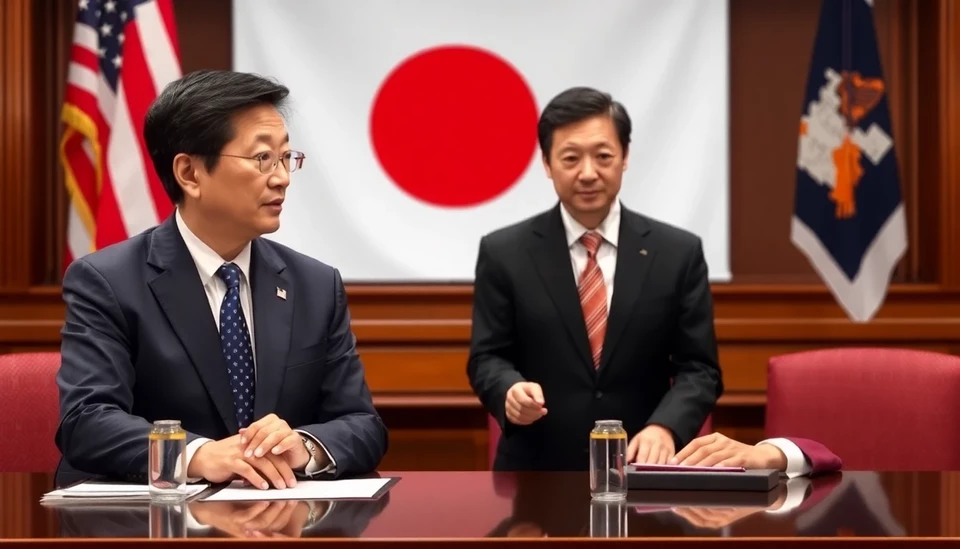
Japan has recently announced the difficulties it faces in meeting the deadline for its updated climate goals, which were mandated under the Paris Agreement. The commitment includes a target for emissions reductions, a crucial element in the global fight against climate change.
Officials have expressed concern that the tight timeframe could hinder the effectiveness of the nation’s climate strategy. Japan is expected to submit its new climate target to the United Nations Framework Convention on Climate Change (UNFCCC) by the end of the month. However, various challenges, including internal policy discussions and the intricacies of formulating a comprehensive plan, have created uncertainty around this timeline.
Critics have raised alarms over Japan’s longstanding reliance on fossil fuels, especially in the wake of the 2011 Fukushima nuclear disaster, which led many facilities to shut down. As the country seeks to revitalize its energy policy and meet citizens' energy needs, it must carefully navigate the balance between maintaining economic stability and pursuing aggressive environmental targets.
The government has been under pressure to improve its climate performance, especially after the recent global COP26 summit where countries committed to more stringent climate action. In the face of stepping up international expectations, Japan's hesitance to expedite its target updates has drawn skepticism from environmental advocates and other countries trying to avert catastrophic climate impacts.
One major factor influencing Japan's decision-making is the ongoing debate regarding transitioning to renewable energy sources. As of now, the country still relies heavily on coal and natural gas. The administration's struggle in transitioning its energy infrastructure has become a roadblock in the country’s path to adopting more ambitious climate goals.
Looking forward, Japan's government promises to continue discussions around sustainable energy solutions and engage the public for feedback on policies aimed at reducing greenhouse gas emissions. However, whether these measures will lead to substantial commitments on time remains to be seen.
The global community is closely watching Japan's next moves. As one of the largest carbon emitters in the world, the nation’s ability to meet its climate commitments will be pivotal in shaping international efforts to combat climate change in the years that follow.
In conclusion, while Japan aims to bolster its climate action efforts, the struggles it faces in finalizing and submitting its updated climate targets expose the complexities involved in transforming national energy policies. The outcome will be influential not just for Japan, but also for global climate efforts moving forward.
#Japan #ClimateChange #ParisAgreement #RenewableEnergy #Sustainability #EmissionsReduction #COP26
Author: Peter Collins




